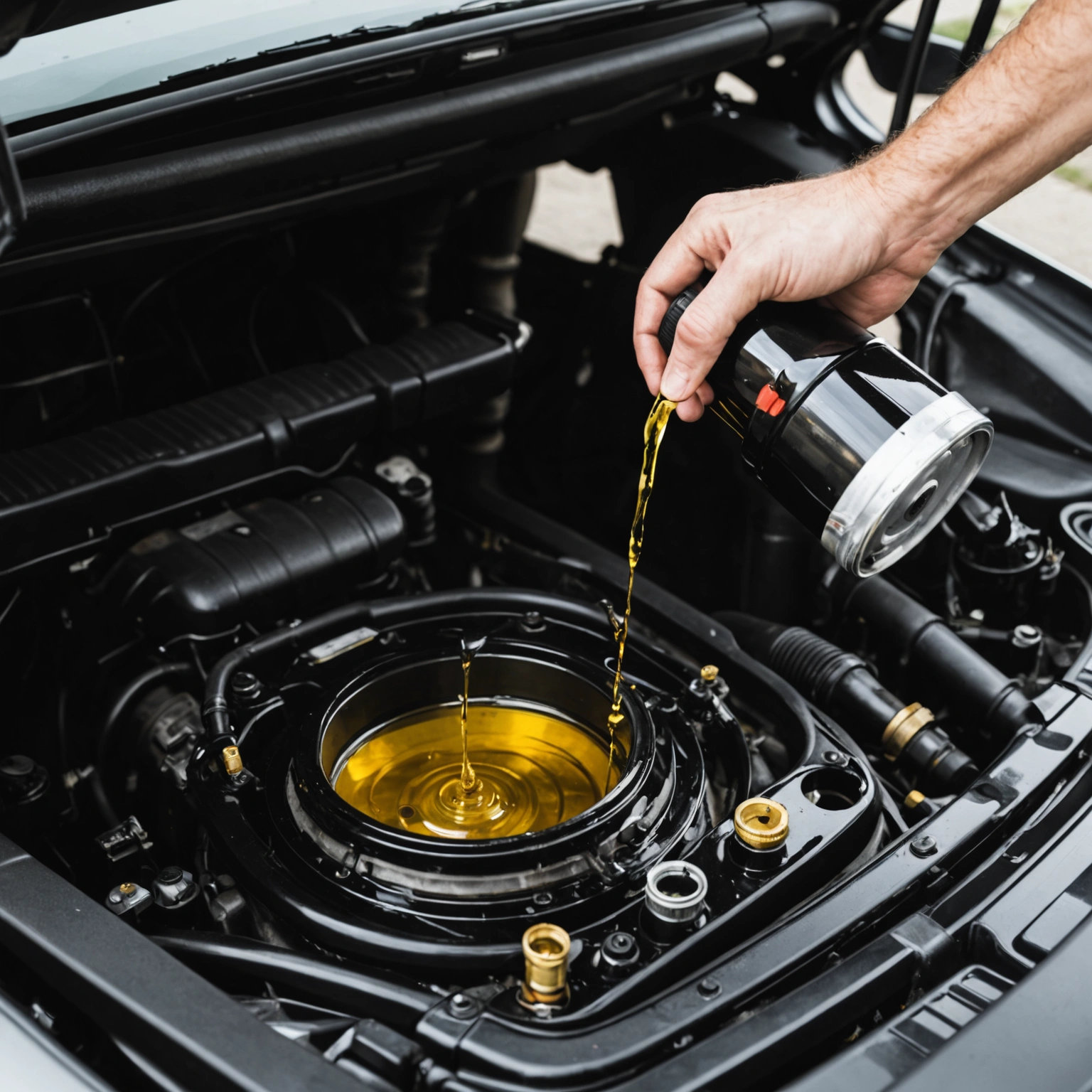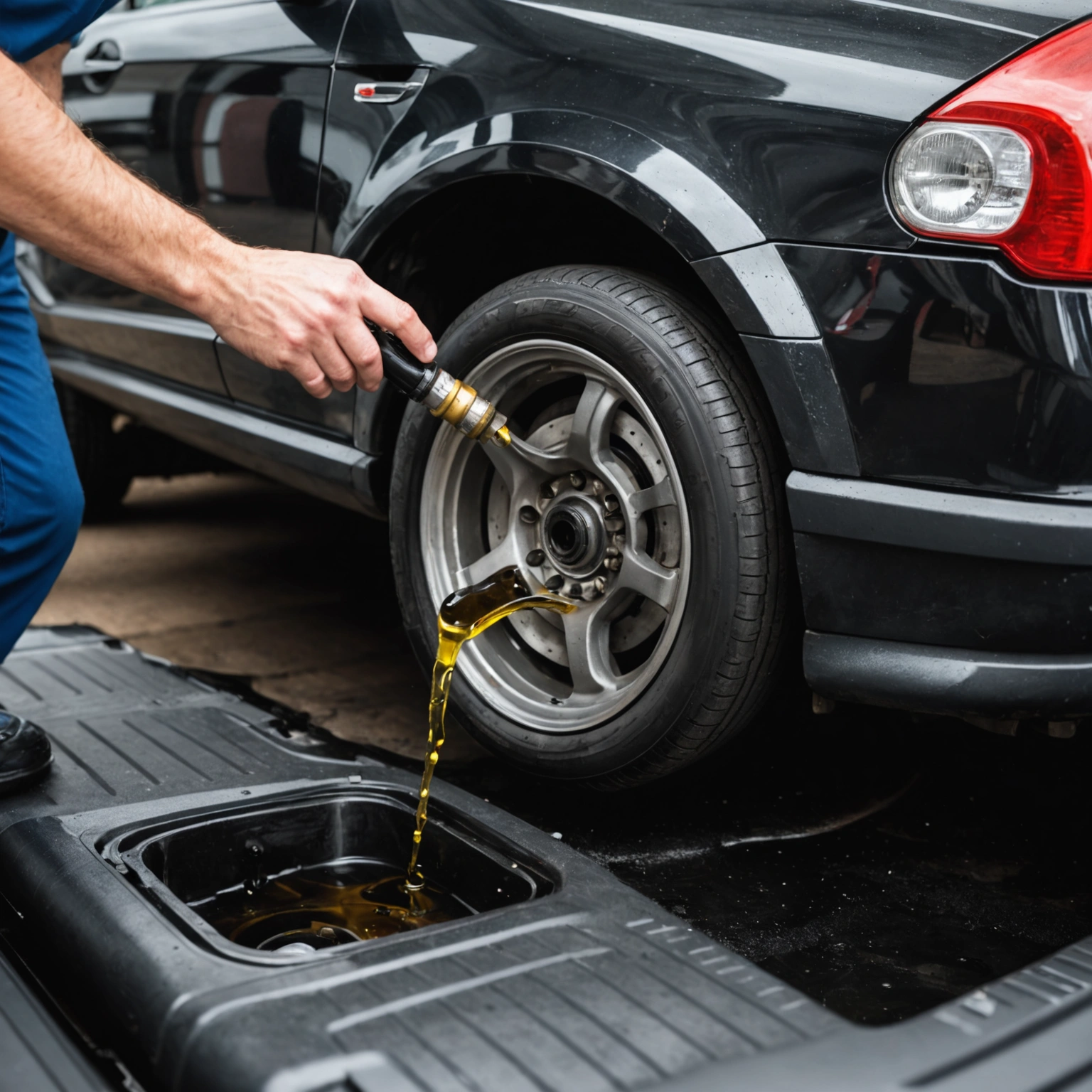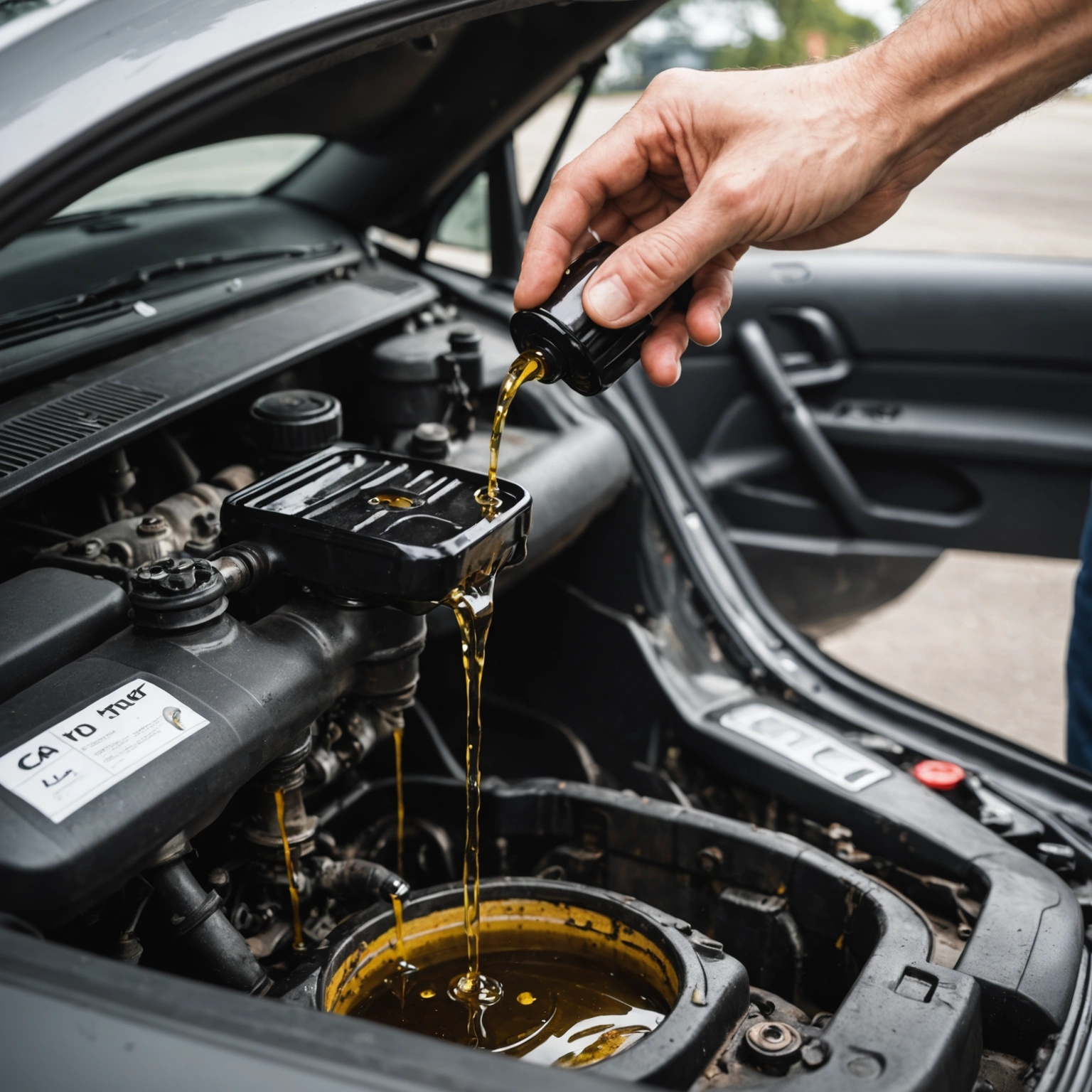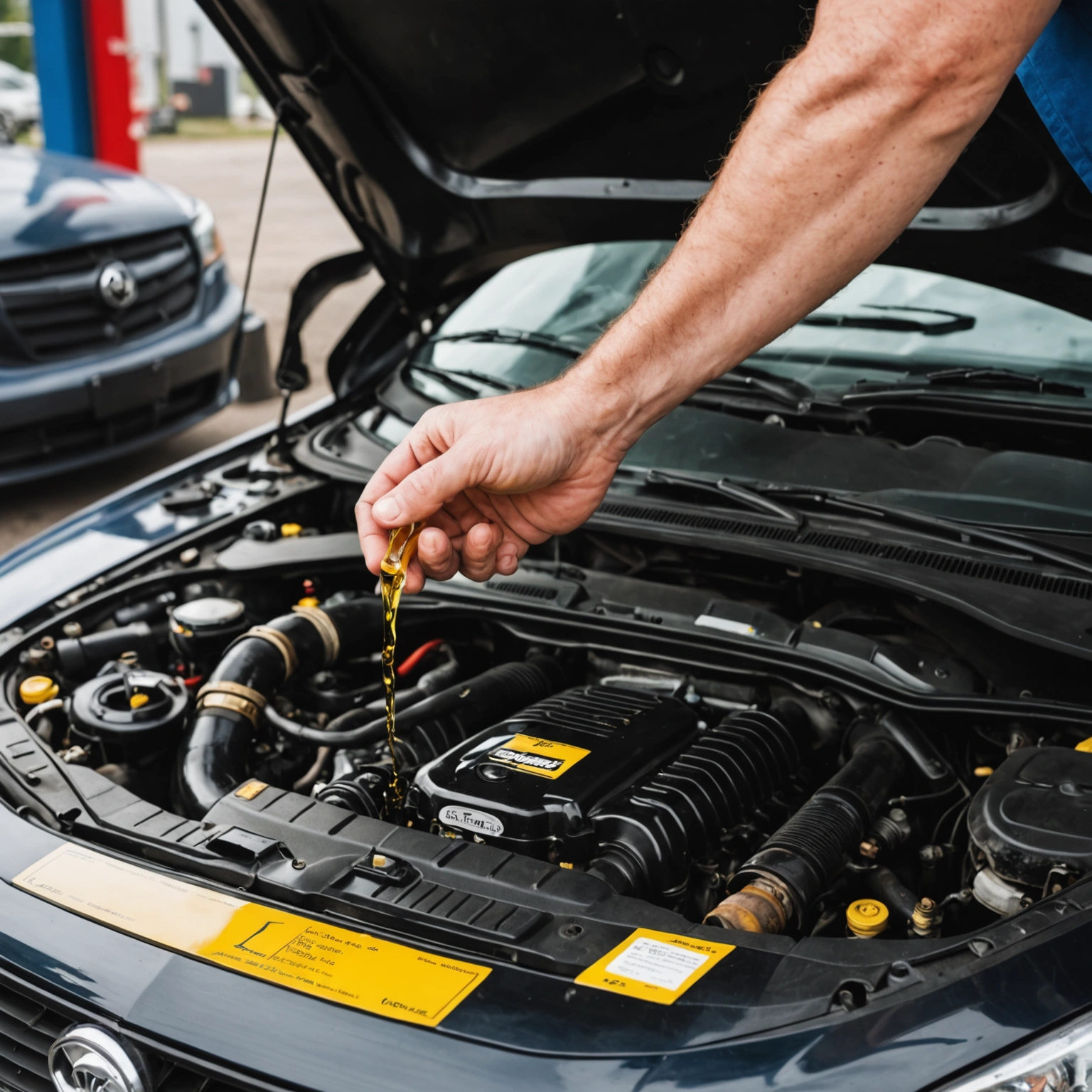**Why Does My Car Leak Oil? Understanding the Common Causes and Solutions**
If you’ve noticed oil spots under your car or an unexpected drop in oil levels, you’re likely wondering, “Why does my car leak oil?” Oil leaks are a common issue for many vehicle owners and can lead to serious engine problems if not addressed promptly. Here’s a comprehensive look at the most common causes of oil leaks and what you can do about them.

### 1. Worn or Damaged Gaskets and Seals
**Gaskets and seals** are essential in preventing oil from escaping the engine. Over time, exposure to heat and engine vibrations can cause these components to wear out, crack, or become brittle.

– **Valve Cover Gasket:** Often leaks at the top of the engine, especially if oil starts to seep out around the valve cover.
– **Oil Pan Gasket:** Located at the bottom of the engine, this gasket can degrade over time, leading to oil leaks underneath the vehicle.

– **Front and Rear Main Seals:** These seals encase the crankshaft and can fail with age, resulting in significant oil leaks.
**Solution:** Replacing worn gaskets and seals is a common repair that can restore your engine’s integrity.

### 2. Loose or Damaged Drain Plugs and Oil Filter
– **Drain Plug:** If the drain plug isn’t tightened properly after an oil change or if the washer is damaged, oil can leak from the oil pan.
– **Oil Filter:** An improperly installed or faulty oil filter can cause leaks around the filter area.
**Solution:** Ensure all drain plugs and filters are properly tightened and replaced if damaged.
### 3. Cracks or Damage to the Oil Pan
Physical damage from road debris, collisions, or corrosion can cause cracks or dents in the oil pan, leading to oil leaks.
**Solution:** Repair or replace the damaged oil pan to prevent ongoing leaks.
### 4. Excessive Engine Pressure or Breather System Issues
A clogged or malfunctioning positive crankcase ventilation (PCV) valve can cause increased pressure inside the engine, forcing oil out of seals and gaskets.
**Solution:** Regularly inspecting and replacing the PCV valve can help maintain proper pressure and prevent leaks.
### 5. Overfilled Oil or Wrong Oil Type
Overfilling your engine oil can cause excessive pressure, leading to leaks. Using the wrong oil type can also impact oil flow and sealing.
**Solution:** Always follow the manufacturer’s recommended oil specifications and fill to the correct level.
### 6. Aging and Wear
As your vehicle ages, rubber hoses and seals naturally degrade, increasing the likelihood of leaks.
**Solution:** Regular inspections and maintenance can catch early signs of wear before leaks become severe.
—
## Final Thoughts
Oil leaks can stem from various issues, ranging from simple loose components to significant damage. If you notice oil spots on your driveway, a burning smell, or a decrease in oil levels, it’s essential to address the problem promptly. Regular maintenance, inspections, and timely repairs can prevent engine damage, improve performance, and extend the life of your vehicle.
**If you’re unsure about the source of the leak or uncomfortable performing repairs yourself, consult a professional mechanic.** They can accurately diagnose the issue and ensure your car stays running smoothly.
—
**Stay safe on the road and keep your engine properly maintained!**

